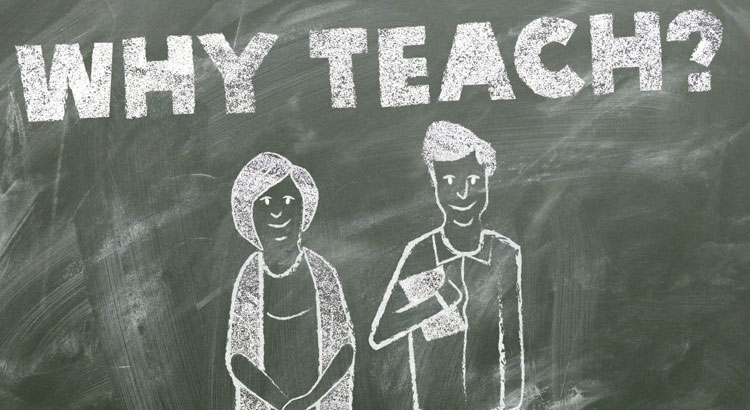This article originally appeared on the Tes website. This piece was written by Will Hazell.
RE curriculum criticised for teaching ‘jumble of unrelated topics and disconnected facts’
An “incoherent, confusing and outdated” religious education curriculum is turning children off the subject and needs radical reform to stay relevant, academics have said.
According to a report from the University of Exeter, children in RE lessons are studying a “jumble of unrelated topics and disconnected facts”, which prevents them from fully understanding what they have learned and applying it to other subjects and life beyond school.
Currently, schools without a religious character are required to provide a curriculum which should “reflect the fact that the religious traditions of Great Britain are in the main Christian whilst taking account of the teaching and practices of the other principal religions represented in Great Britain”.
‘Lacks coherence’
However, an “expert group” made up of academics, teachers and school inspectors said that with schools given “considerable room for manoeuvre in the choice of specific content” but little time to teach the topic, the teaching of RE “generally lacks coherence and continuity”.
“At school level, RE topics may veer on a half-termly basis between aspects of different religions (eg. pilgrimage), episodes from the life of Jesus (eg. Holy Week and Easter), exemplars of a faith (eg. Mother Teresa), a moral issue (eg. abortion) and so on,” the report states.
“Students regularly experience this jumble of what can appear to be unrelated topics and disconnected facts with no common thread or conceptual ‘pegs’ to help them make sense of them all.”
RE for all
The expert group also said that religious beliefs, traditions and practices are sometimes taught to children that are too young to appreciate their complexity.
Instead, it said, “age-appropriate content should be taught in context”. The report recommends reorienting RE around six “big ideas” about religions and non-religious world views, tailored to different age groups, that all young people should understand by the time they leave school.
The big ideas are:
“There is an amazing variety of religions, non-religious world views and ways of life in the world”
“People use both verbal and non-verbal forms of communication… to express beliefs, values, experiences and identities”
“There are many ways in which religious and non-religious world views provide guidance on how to be a good person and live a good life”
“Religions and non-religious world views are about experience as much as belief, and they can help individuals interpret their experiences”
“Religious and non-religious world views interact with wider communities and cultures”
“Religious and non-religious worldviews provide coherent overall accounts, ‘grand narratives’, of the nature of reality – life, the universe and everything”
Professor Rob Freathy, from the University of Exeter’s Graduate School of Education, and a member of the expert group, said: “The RE curriculum needs to allow children to see a ‘bigger picture’.
“At the moment too much of what they learn can seem unconnected. We also need to make sure pupils see RE as relevant to life in the 21st century.”




